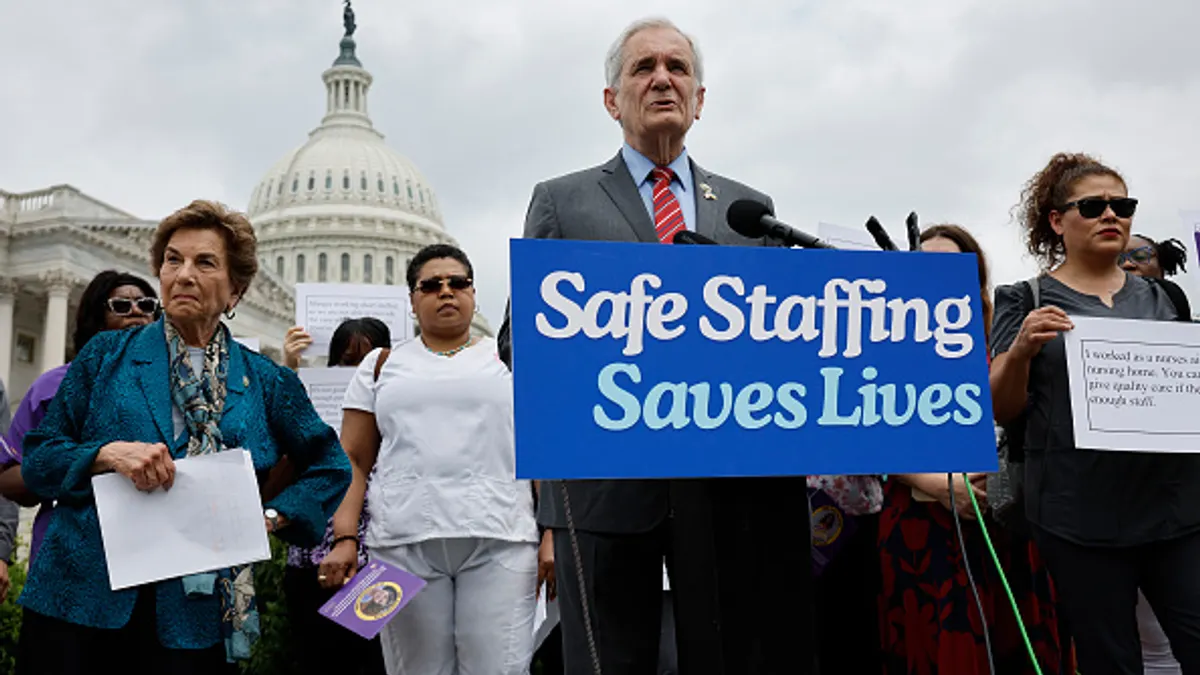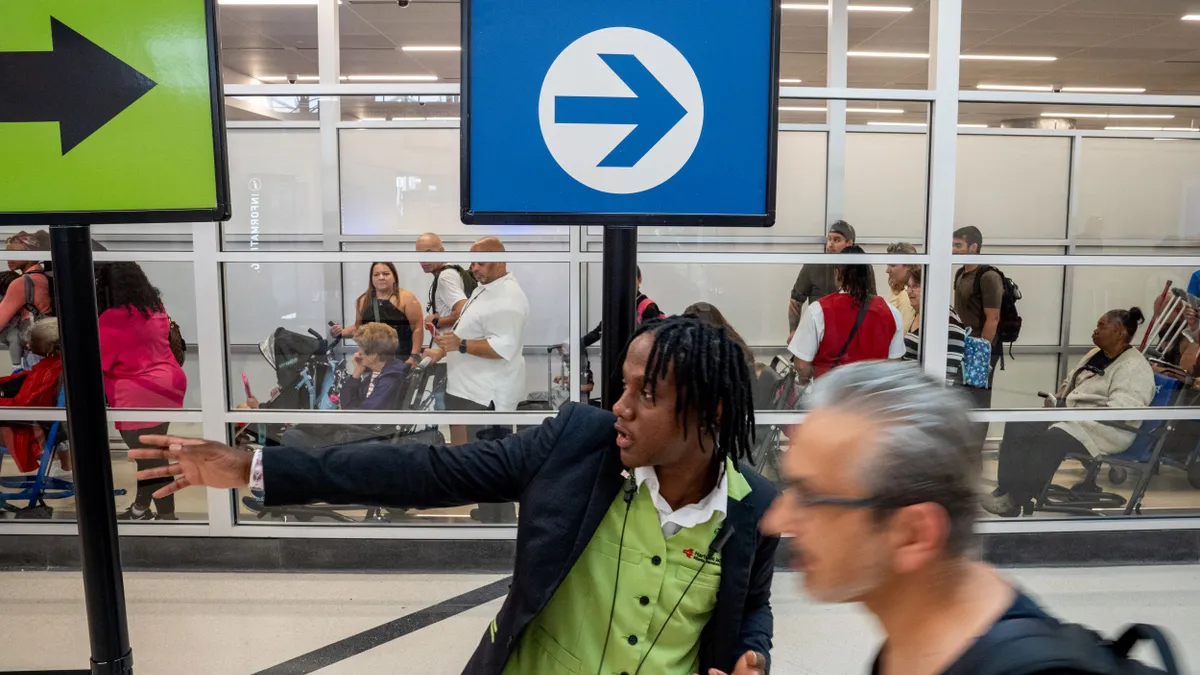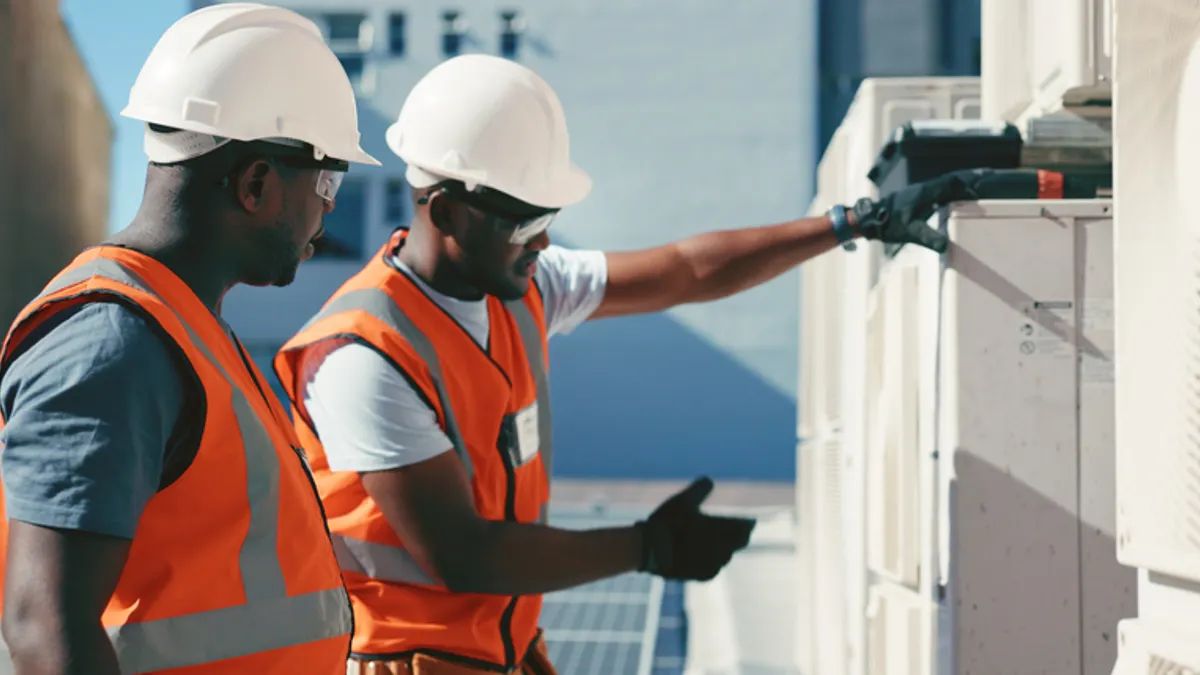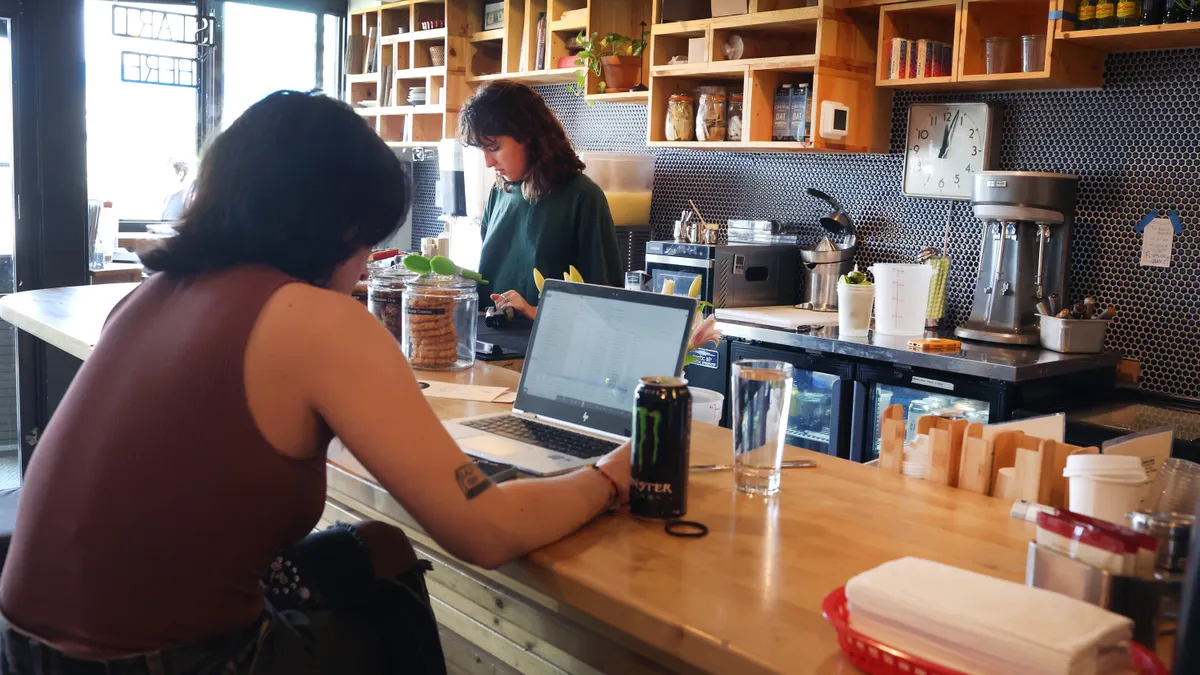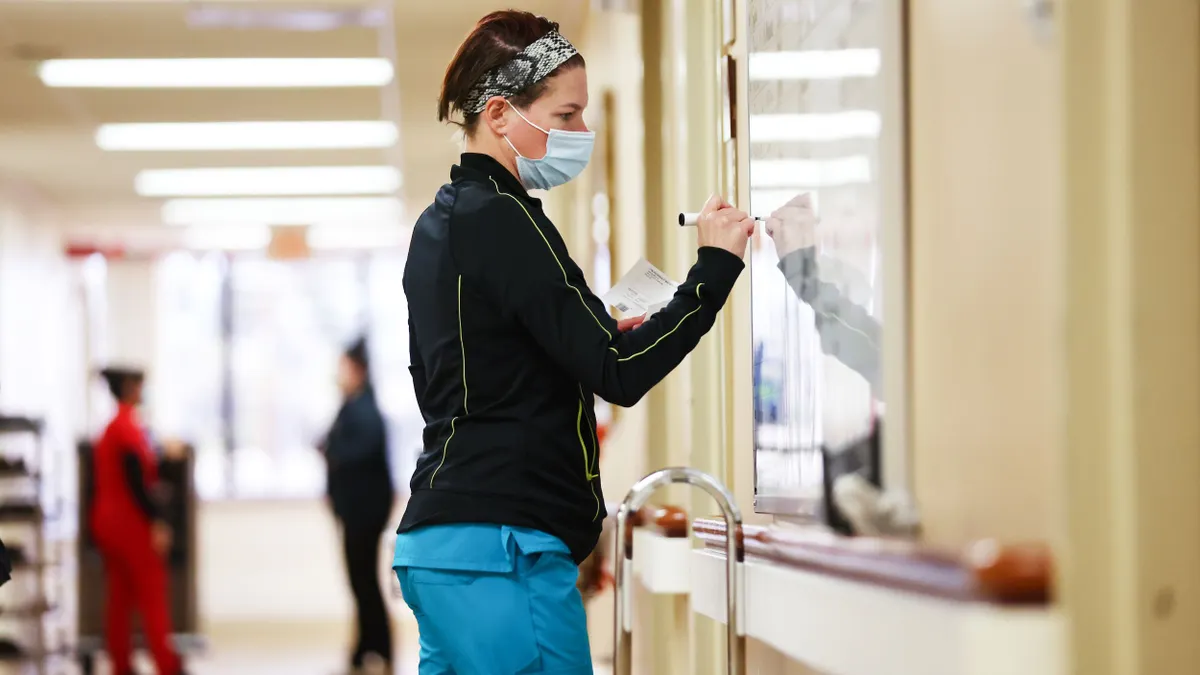When the U.S. Equal Employment Opportunity Commission issued a warning about illegal discrimination against caregivers in March, the agency encouraged employers to support employees with care-related responsibilities.
"As the pandemic evolves, and the country moves to a new normal, we cannot assume caregiving obligations have ended," EEOC Chair Charlotte A. Burrows said when she announced the guidance. "The work that caregivers do – whether as employees or as unpaid workers in the family – is in all of our interests."
While EEOC's warning largely focused on the rights of caregivers, many employers have been working toward the larger goal Burrows identified: caregiver support. Some employers recognized the importance of this goal long before the pandemic. As awareness spread about the demands on the "sandwich generation" — a nickname for the Gen Xers and older millennials simultaneously tending to young children and aging parents — employers crafted new benefits and explored flexible work arrangements.
Then COVID-19 arrived. As the world's caretaking infrastructure shut down, employers had to enable caregivers to work or lose large swaths of their workforces. Of the employers that chose the former, most turned to flexibility, allowing caregivers to work truncated schedules, flexible hours, or any other arrangement that helped them get work done with kids or other charges at home all day, every day.
It's been more than two years since the World Health Organization officially declared a pandemic, but life for many caregivers looks different now than it did in March 2020. Schools are open, at least most of the time. Daycares and other facilities shutter only occasionally — but caregivers resume their 24/7 schedule when illnesses arise.
In this phase of the pandemic, how do employers work toward the goal EEOC and many others have identified? How can employers support caregivers? For Maggie Smith, VP of HR at Traliant, the answer to these questions lies in employee listening, a strategy many leaders recommended throughout the pandemic.
Creating opportunities for listening
Smith takes a proactive approach to employee listening. "I'm a big believer in surveys, even if it's a quick Survey Monkey so you're really getting in touch with your employees and finding out what they need rather than working on assumptions," she told HR Dive in an interview.
As Smith noted, employee surveys at Traliant provide quick and easy access to employee sentiment; the California-based compliance training company employs about 120 people. The company launched a survey when schools reopened in the fall of 2021 to find out what kinds of support its employee base needed. By January, Traliant had a solution. The company launched a dependent care savings account that allows employees to set aside pre-tax dollars for employees to spend on care.
Smith emphasized the benefit's flexibility. Employees can use it for care options ranging from childcare to adult daycare. "Caregiving doesn't always look like younger employees with little kids. I'm concerned about my 80-year-old mother," Smith said. "There's multiple generations in the workforce. It may not always look like child caregiving."
Traliant saw the benefits of employee surveys again when it polled workers about a potential mental health offering. Smith said she had done "an unreasonable amount" of due diligence in choosing a provider and was debating the options with Traliant CEO John Arendes when he wondered aloud whether employees really cared about the issue.
Smith launched another survey to get a pulse on the kind of support workers wanted. After the survey, Traliant chose to partner with National EAP, which offers financial counseling, an identity theft protection service, and a meditation and mindfulness component. "It's going really well and I think it's potentially more effective than other options that were more costly that we may have jumped into without a survey," she said.
Traliant has explored other types of employee listening, too. Smith rolled out an anonymous feedback box two weeks after she joined the company after one of Traliant's co-founders commented that leaders could tell employees to contact her about complaints. "But no one is going to call the new HR lady," Smith said. "So we implemented that box."
Scalable solutions, flexible mindset
As employers search for caregiving solutions in this phase of the pandemic, it's important to think about how those programs will fare in the next phase — whatever that may be, Smith said.
Smith worked for a different company when the pandemic hit, and she witnessed a "total scramble" to respond to COVID-19 and the caregiving issues it created. At that time, everyone thought the pandemic would be over in a matter of months.
"The problem I see in retrospect is a lot of people rolled out things in an emergency but they didn't stop to ask whether it was a sustainable benefit," Smith said. "For us at Traliant, I've been careful about that because we are growing rapidly. If the company triples in size, is this something we can sustain? If the answer is no, think about it. You don't want to have the benefit be something you have to take away."
But a consciousness about longevity doesn't rule out the possibility of creativity or flexibility. "Don't be afraid to try something new," Smith said. "You can always put it in writing that whatever you're trying out will be a 30-day trial run."
She emphasized how flexible and non-traditional work arrangements for caregivers and other employees could help an employer acquire and retain strong talent. But a willingness to experiment with work arrangement plays into a softer aspect of employment: "It's a way you can show people you care about them as individuals," Smith said. "It's important to meet people where they're at. If you're afraid, give yourself permission to try it out. Employees will understand that."








